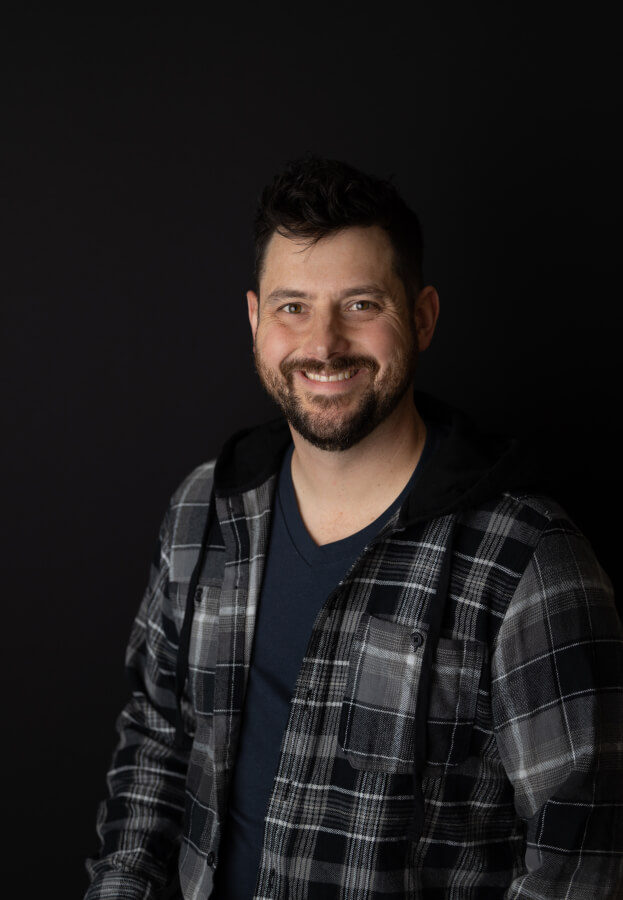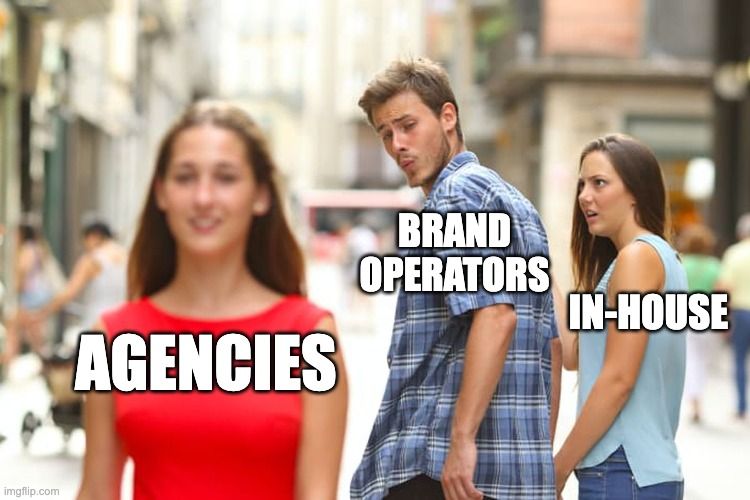I recently got into a discussion about the keyword, intent, audience signals, privacy limitations, and the role of automation in Google's roadmap. I thought I would share some of my thoughts here, I think the short of it is I don't see the need to get away from keyword bidding and targeting in a chatGPT/Bard/LLM world. The reason is because, keywords are still segments of a user's spoken intent, and thus can be grouped into intent-based targets... just as they always have been!
I see two things at play in considering how to target the keyword within Google Ads:
(1) the need to capture ALL the things (close variants, semantical targeting, etc is great for this!). I would lump this under expansion or acquisition or prospecting efforts. In this way, Google automation is fabulous. It allows for bidding signals such as landing page content and previous search behavior to identify target audiences in which to bid on, regardless of the specific keyword targeted. It's more about the "person" searching, than their term.
but the problem is, what if you don't have the data or the budget to accrue that data? IN that case, I still think a second option for the keyword is ideal to include in accounts within Google:
(2) the need to eventually, somehow limit our ability to target all the things to the targeting that makes the most sense based on our past performance/research/etc. I think keyword targeting is the way to do the second.
The thing with automation, especially in regard to acquisition and prospecting, is it takes time and money in order to identify what works, what doesn't, and then what else works based upon what the system learned worked... it's really remarkable stuff, but the problem is many smaller budgets don't have the ability to survive the learning phase of Google expansion efforts. Few accounts have the budget ability to go too broadly on #1 above, though it's a great way to expand.
How could this potential expansion effort be limited? Well the easiest way to limit that within Google automation is budget... but that's problematic, since that simply slows down the required learning period. You'll still need to expend the same budget, it will just take longer now.
So what's the solution? Heck, it's the targeted, exactly matched keyword.
Google has always shone (until the last few years when intent matching became more a thing) in keeping targeted, specific keywords as their core "we are choosing to somehow limit our ad targeting to a select audience, in this case those people who type in this specific phrase we have found value on from past performance".
This is why I think, personally, Numbers 1 and 2 above should always remain a separate option within Google and specific keyword targeting should never disappear completely. In other words, I think Google should allow for semantical & audience expansion (in acquisition efforts), while keeping Exact exact for the limited budgets.
I think ideally, a good PPC account of any size has targeted control over your core exact match keywords (since those are simply grouped audiences), and then utilizes Google's impressive acquisition options to expand beyond these core terms as profitability is demonstrated. Easy peasy, there is room for both in PPC.

.jpg)
.webp)


.jpeg)

.jpg)




